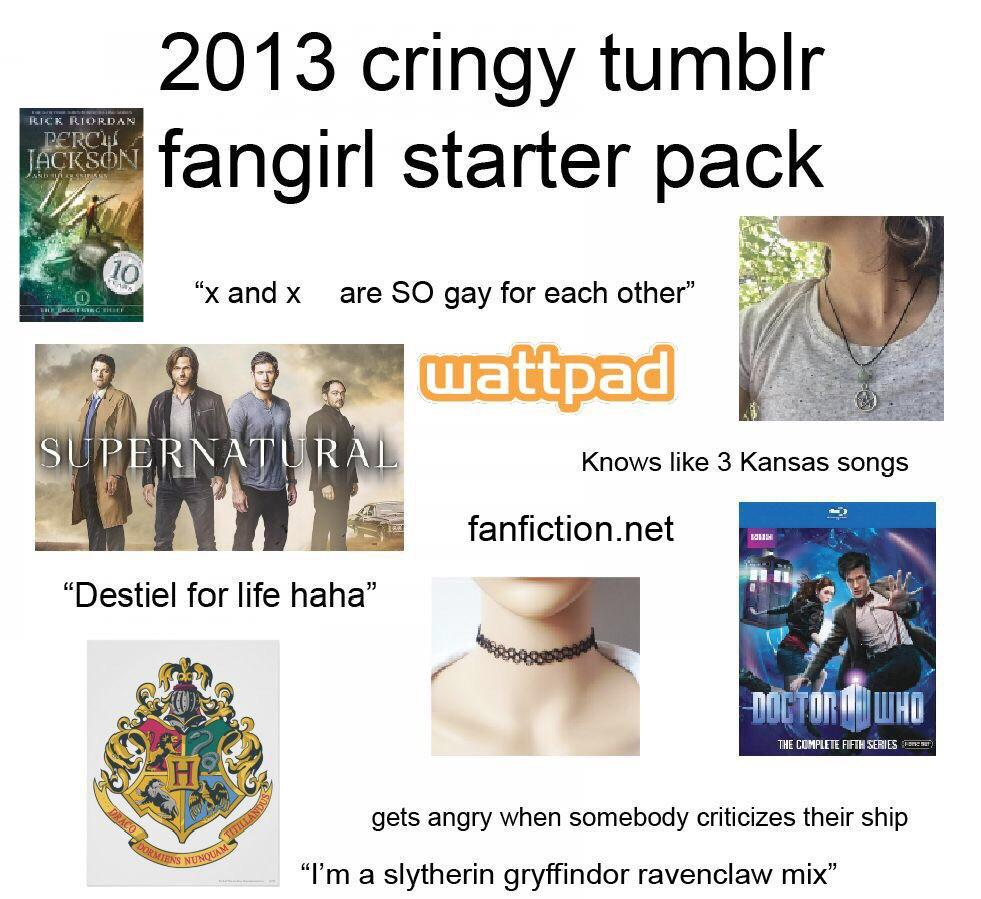It’s 2008. You’re hanging out with your friend xXI_Love_Paramore68Xx in the Club Penguin pizza shop. He sends you a heart emoji through the public chatroom and you decide to ditch him to make some pizza, earning 107 coins for your hard work. You go back to your igloo and use a few of your coins to purchase a new couch for your igloo, which you recently upgraded to make room for the new shade of Puffle that was recently released a month ago.

Call me a sucker for nostalgia, but it’s no coincidence that the micro-economies of many DAOs and web3 digital communities echo the virtual communities we’ve seen in years past. web3 is simply just a re-iteration of all the favorite games and communities any digitally native Gen Z-er has participated in growing up, but instead of virtual currency and penguin coins, these new digital micro-economies are supercharged by the existence of cryptocurrencies and blockchain technology.
In fact, there is nothing new about DAOs and web3 communities that is fundamentally different from the ways that us virtual beings organized themselves in Web 1.0 and Web 2.0—only now, web3 technologies enable new forms of coordination, transparency, and capital deployment that we haven’t been able to utilize in years past.
These forms of coordinating humans and capital reiterate a thesis I’ve been seeing floating around in the web3 world: namely, that web3 seeks to blur the distinction between our social lives and our digital lives, to the extent that online connections can feel just as genuine as our offline ones.

From online forums to Club Penguin to Webkinz to Neopets to Poptropica to Tumblr, the internet has always been a place where disparate individuals come together to align on a set of common incentives, whether it be taking care of virtual pets or creating entire accounts dedicated to following the movements of a single celebrity. And within these micro-economies of seemingly random incentives, the underlying ethos is connection:
- How do we meet new people?
- How do we incentivize connection?
- How can we change the ways we connect with others?
- How can we feel less alone?

Before I bonded with Internet friends over NFTs, we bonded over collectible omelettes.
DAOs and web3 digital communities are micro-economies that are therefore built on the same kind of “loneliness economy” that underlie most inventions of the web. It’s the same reason why entire 13-year olds were able to mobilize entire fandoms on sites like Tumblr, and why you went to grab a free daily virtual omelette from the Neopets giant omelette every single day, despite it having no intrinsic value outside of the Internet.
It’s also why over 10 million people attended Travis Scotts’ in-game Fortnite concert at the height of the pandemic; we’re all seeking digital experiences and communities that make us feel a little more connected to each other.
A thread on the value of community, enabled by a series of digital cartoon cats.
So for those finding “community,” you’re not alone—web3 is paving the way through shared digital experiences and collectibles through the form of DAOs and NFTs, and we’re only at the beginning of the journey.
Thanks for reading! Interested in DAOs? Check out Layer3’s links below:
Blog | Newsletter | Contribute | Twitter | Discord
by Sarah at Layer3